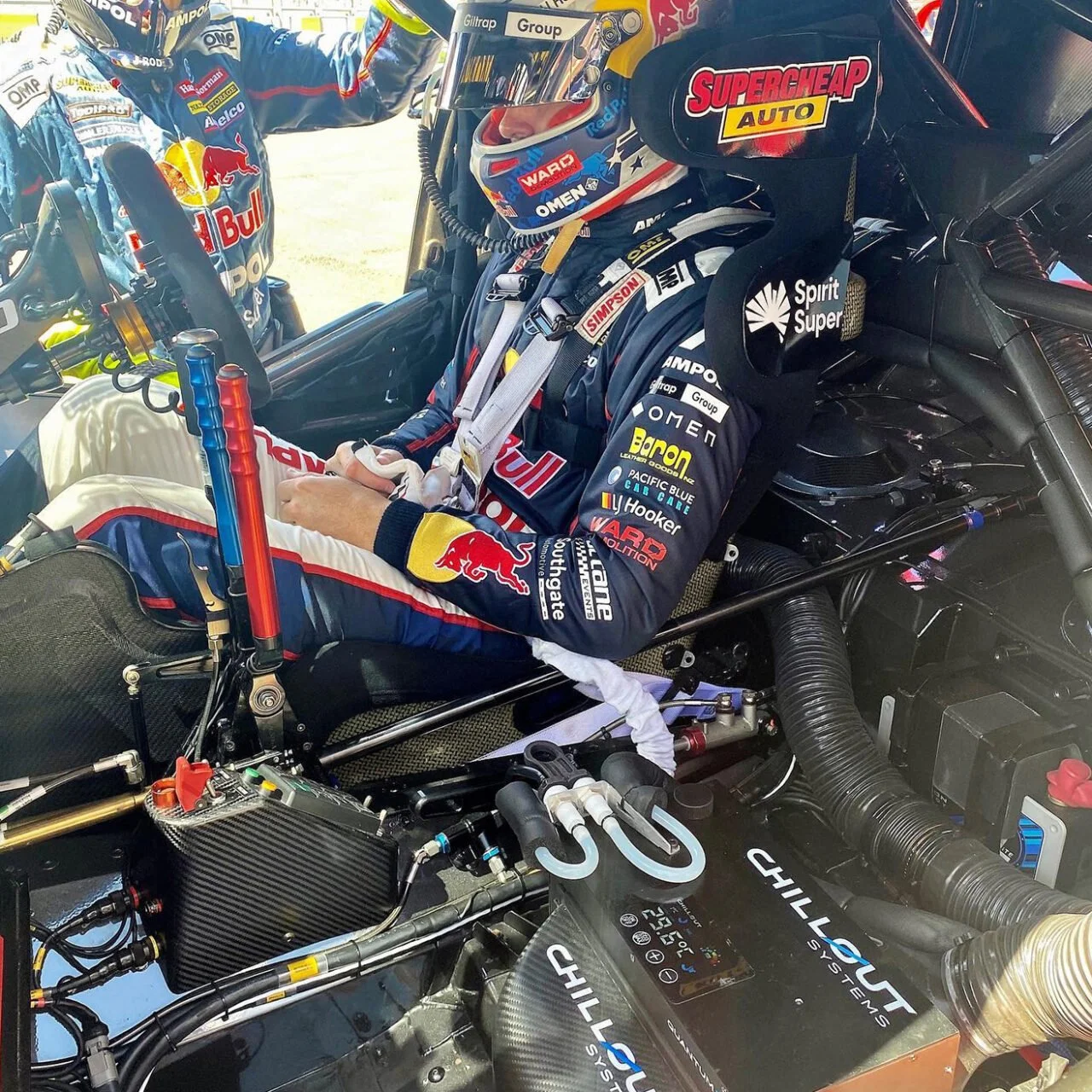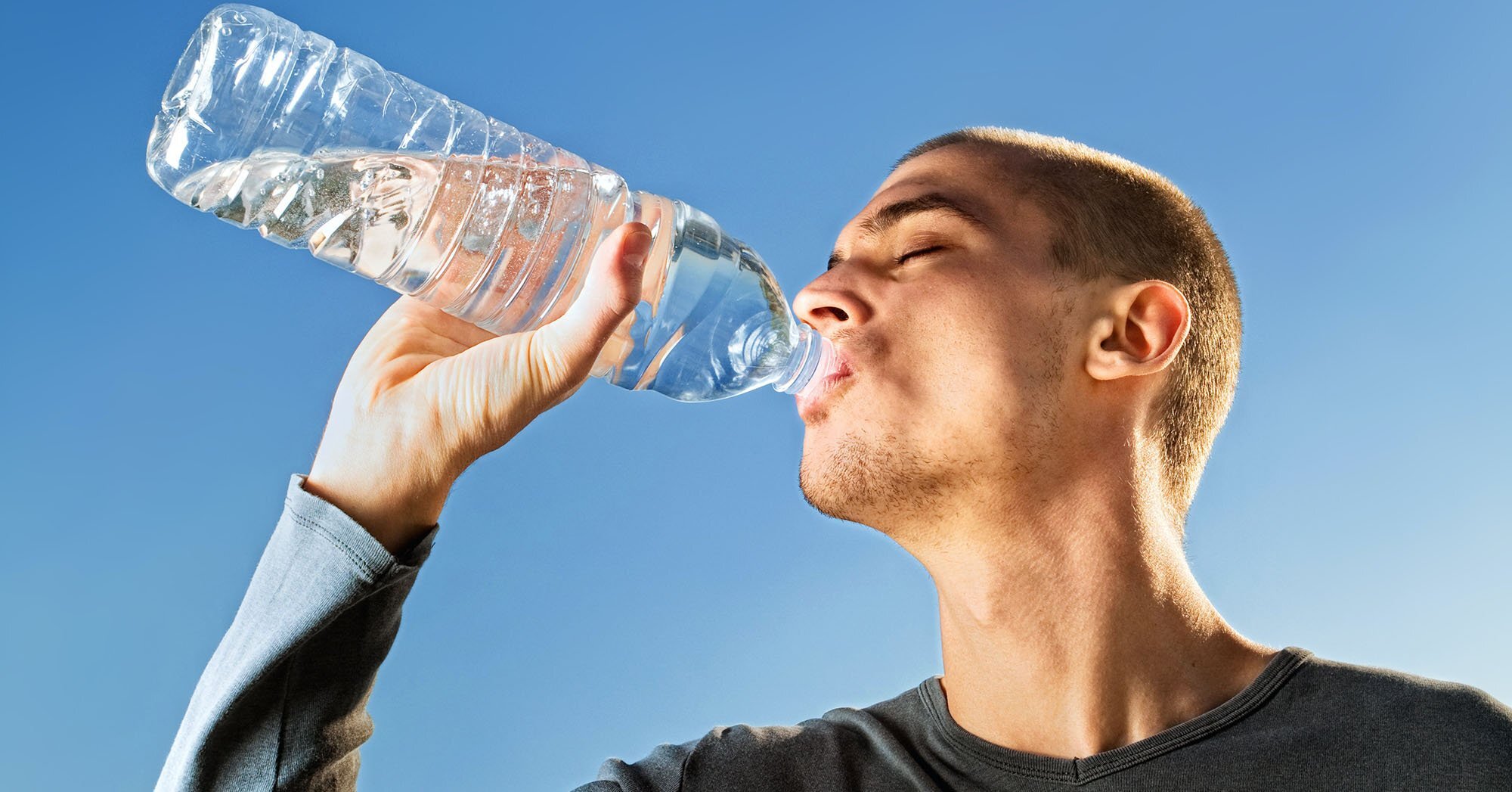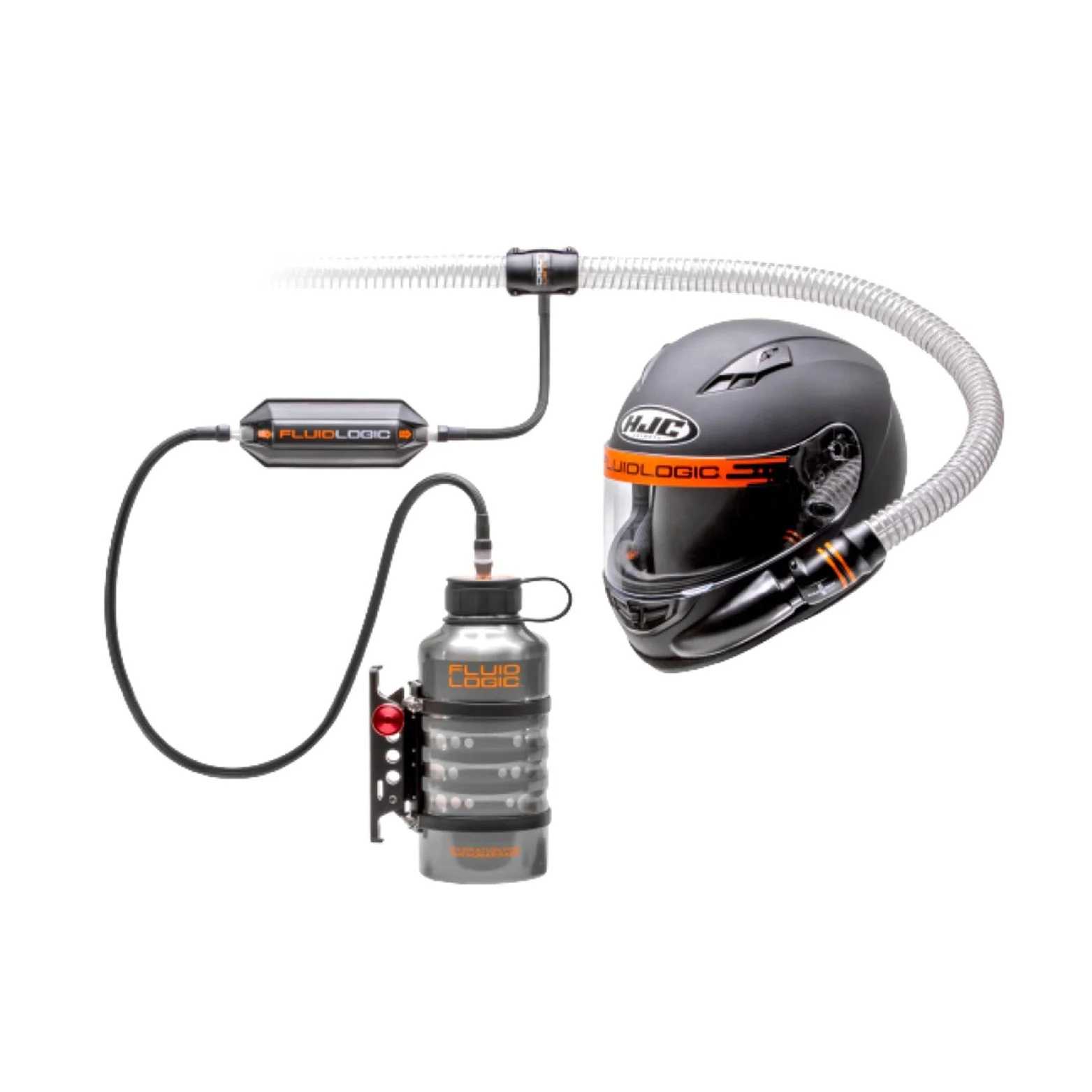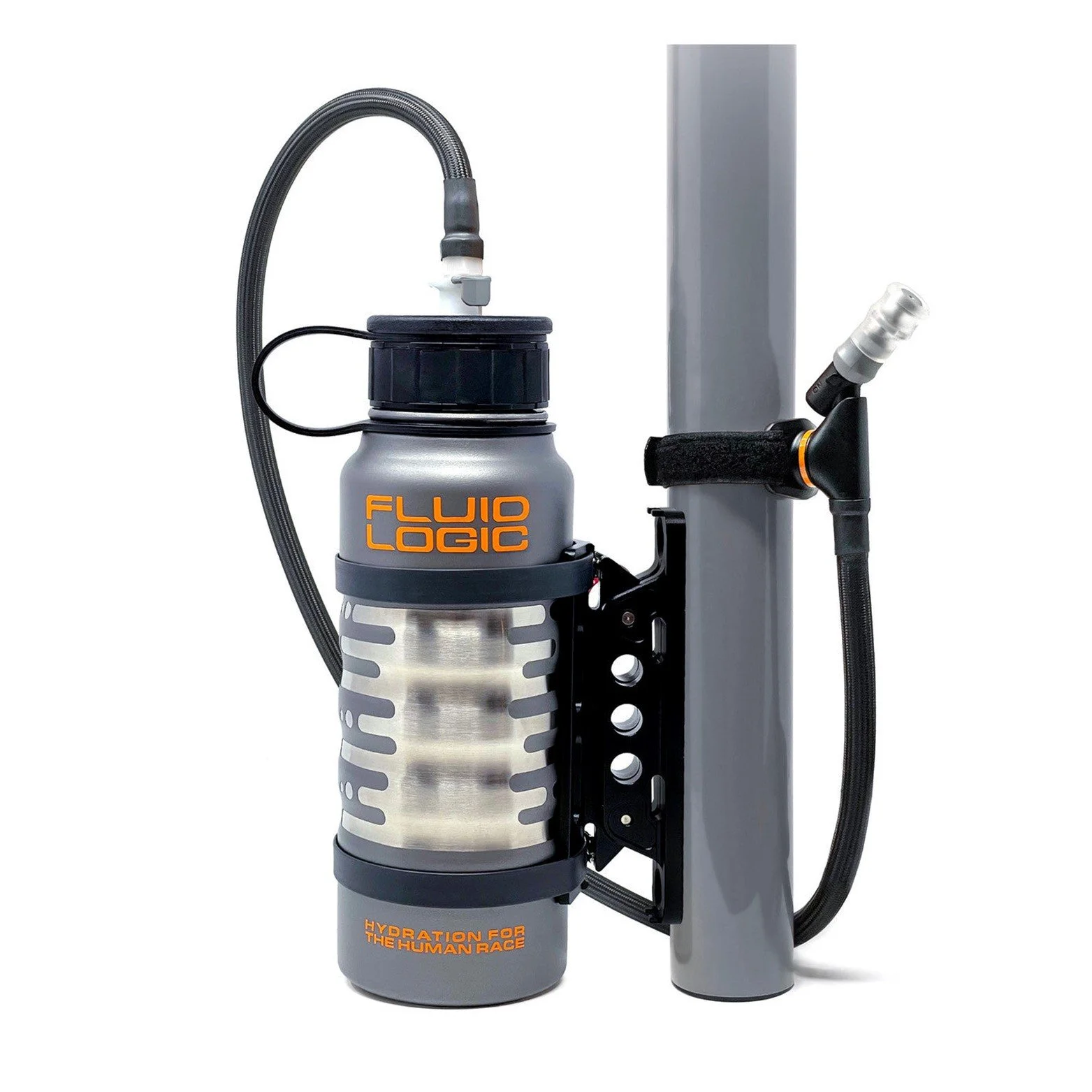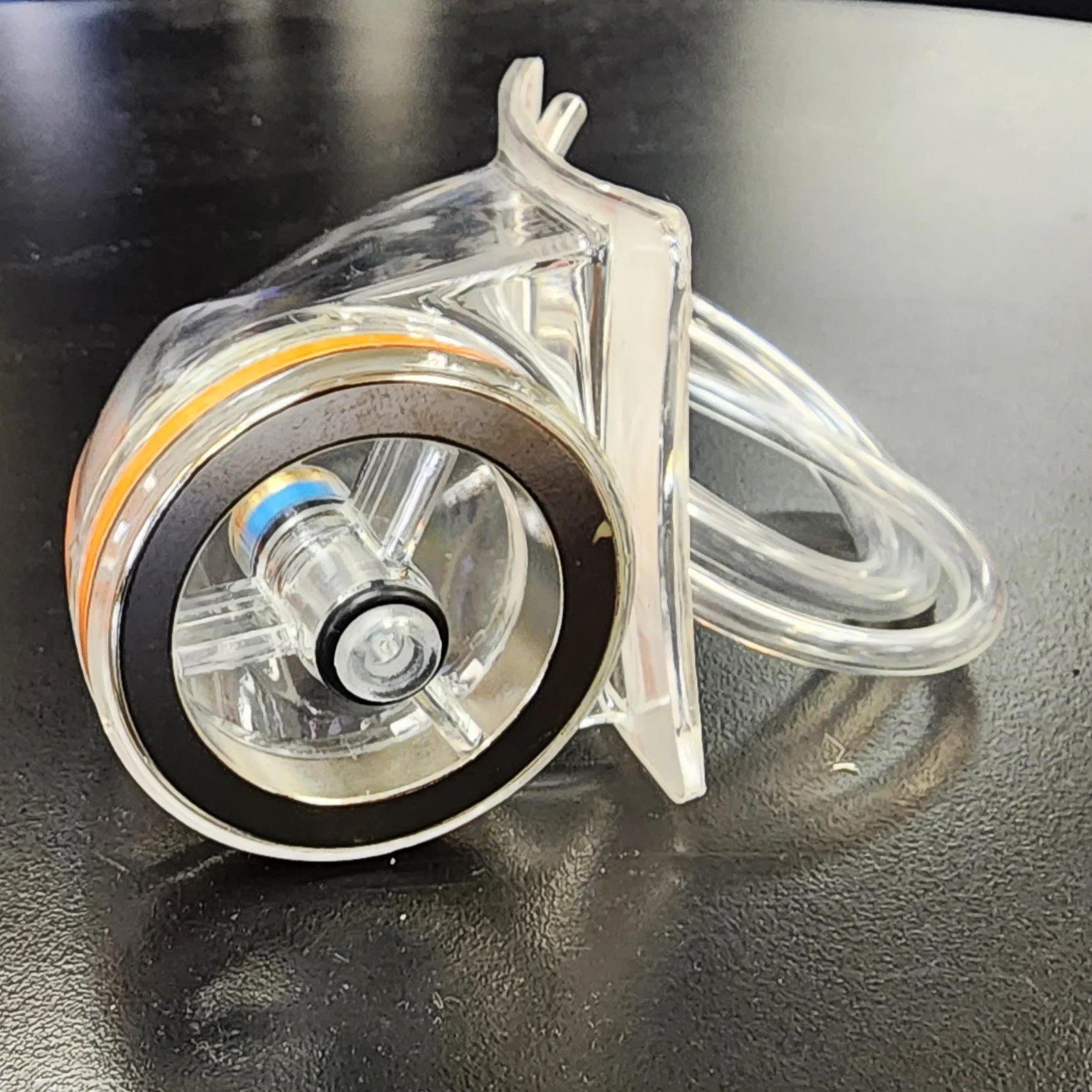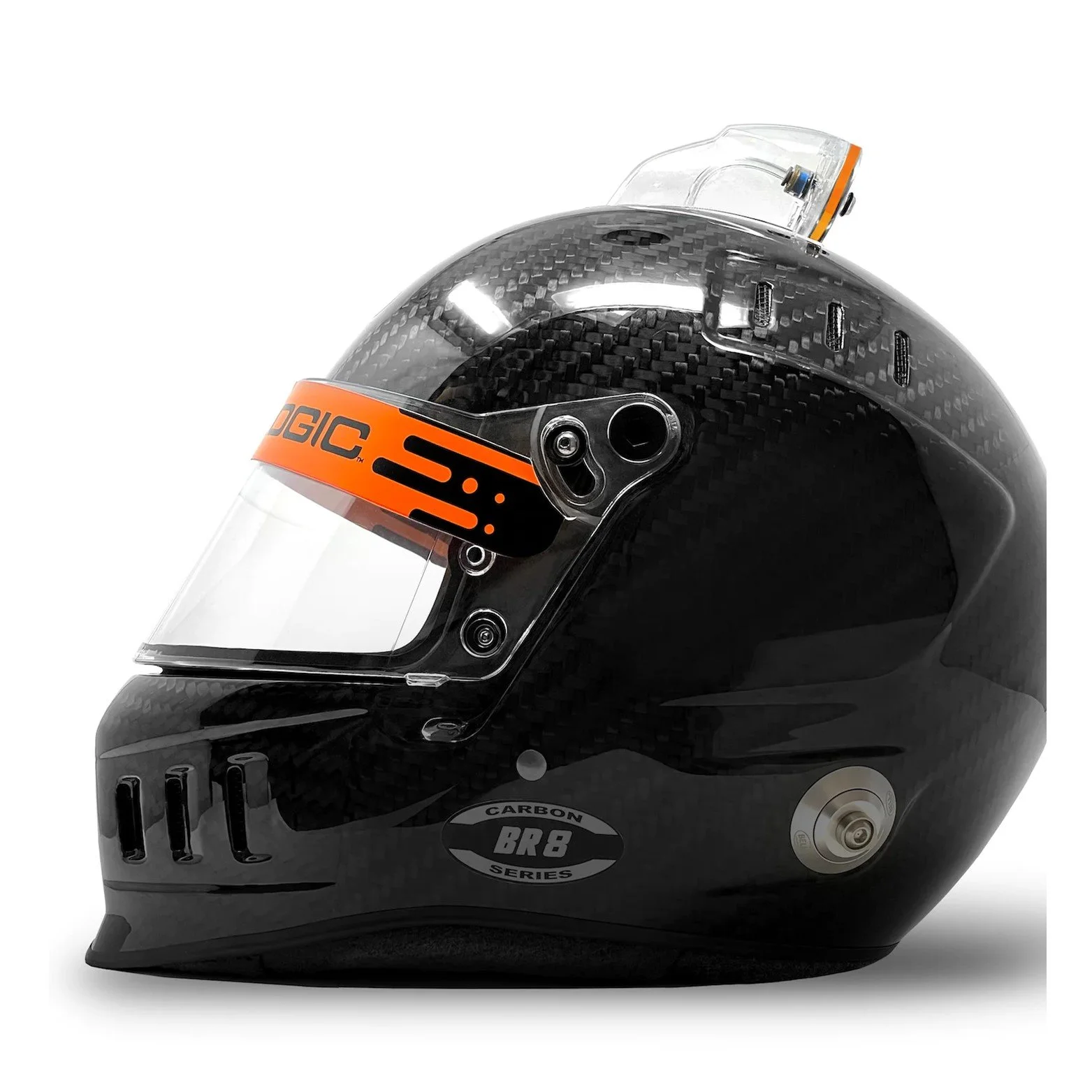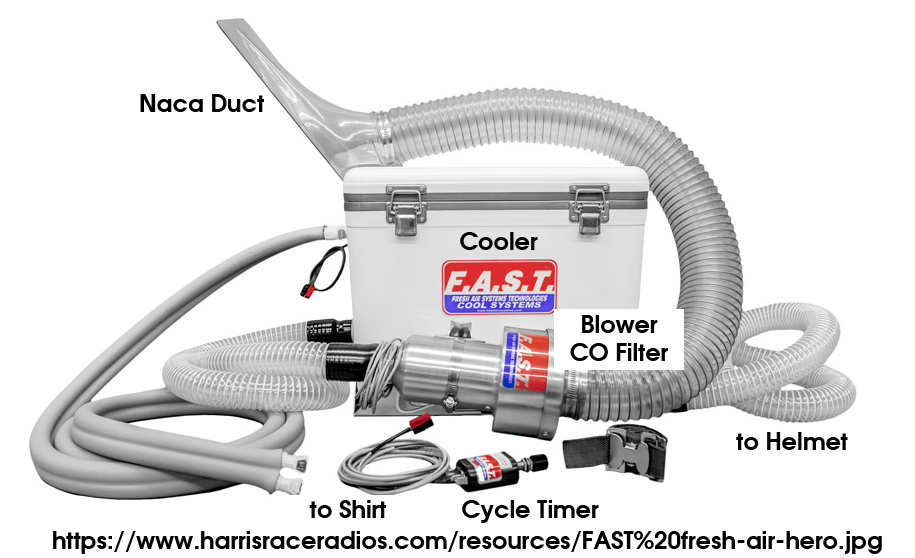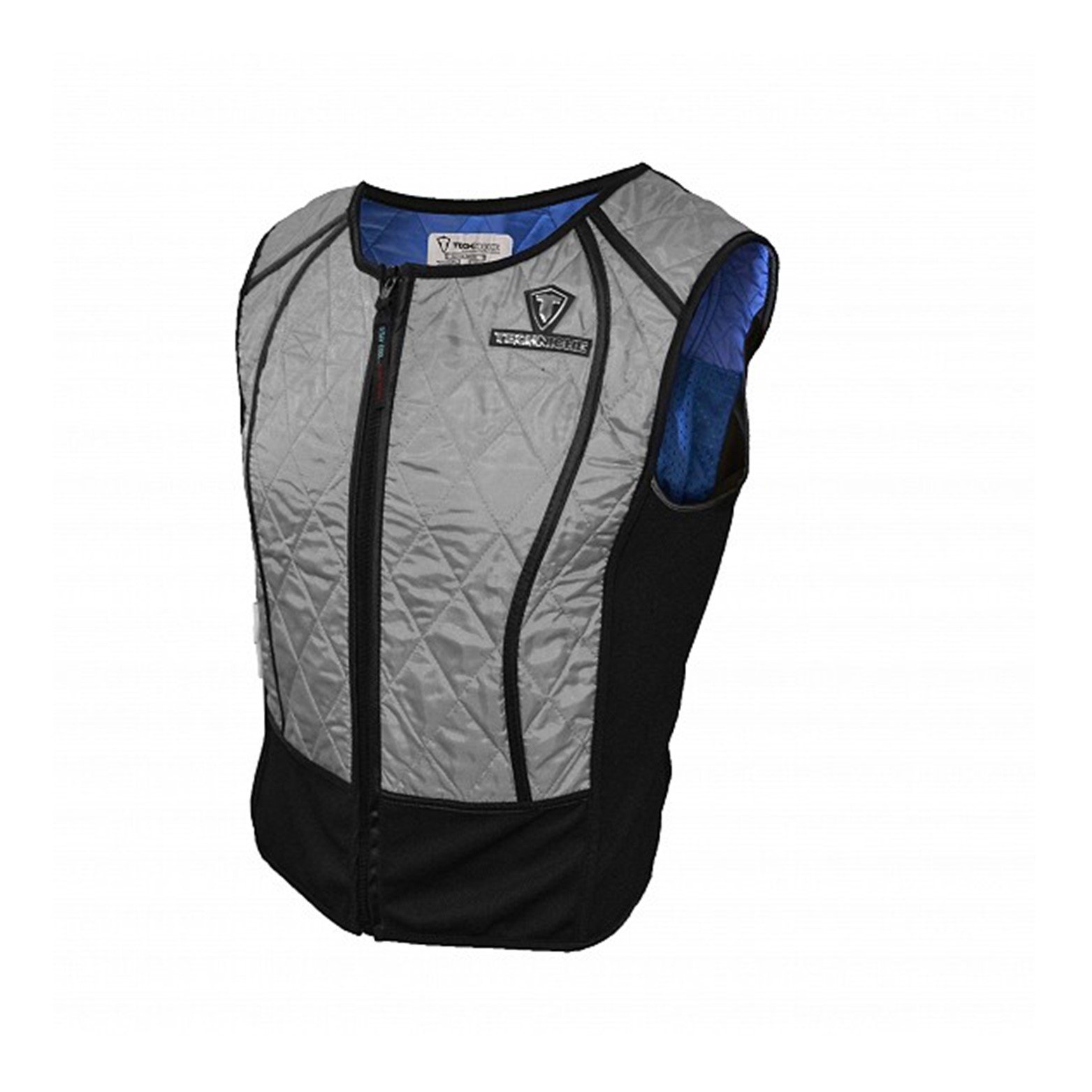
driver heat exhaustion IS DANGEROUS & CAN BE FATAL
KNOW THE SYMPTOMS OF HEAT EXHAUSTION
KNOW THE DIFFFERENCE BETWEEN HEAT EXHAUTION & A HEAT STROKE
KNOW WHY HEAT EXHAUSTION IS A MAJOR CONCERN FOR ALL DRIVERS
KNOW WHAT TO DO - IMMEDIATELY
KNOW HOW TO BE PREPARED FOR & PREVENT HEAT PREVENTION
BE VIGILANT - FOR YOURSELF, YOUR TEAM MEMBERS, YOUR FRIENDS & OTHER DRIVERS

KEEP your core COOL
Driver Heat Exhaustion is primarily caused by a combination of factors that disrupt the body's natural cooling process and lead to dehydration and electrolyte imbalance. Excessive sweating, especially in hot and humid conditions, depletes the body of fluids and salts, while dehydration and electrolyte imbalance impair the body's ability to regulate temperature and can cause fatigue, dizziness, and reduced cognitive function, all of which can be dangerous for drivers.
Here's a more detailed breakdown:
1. Excessive Sweating and Fluid Loss:
The body's primary way to cool down is through sweating. When temperatures are high, the body sweats more to evaporate and release heat.
If fluid intake doesn't keep pace with fluid loss through sweat, dehydration occurs.
Dehydration reduces the body's ability to sweat effectively, leading to overheating and further complications.
2. Electrolyte Imbalance:
Sweat contains not just water, but also electrolytes like sodium and potassium.
Losing these electrolytes through excessive sweating can disrupt the body's normal functions, including nerve and muscle function.
This imbalance can contribute to fatigue, muscle cramps, and impaired cognitive function, which are all dangerous for drivers.
3. Environmental Factors:
High temperatures: Hot weather significantly increases the risk of heat exhaustion.
Humidity: High humidity reduces the rate of sweat evaporation, making it harder for the body to cool down.
Poor ventilation: Lack of airflow in a vehicle can trap heat and exacerbate the problem.
4. Driver-Related Factors:
Inadequate hydration:
Not drinking enough fluids, especially water, is a major contributing factor to dehydration.
Overexertion:
Working or driving for extended periods in the heat can push the body beyond its cooling capacity.
Lack of breaks:
Failing to take breaks to rest and cool down can lead to cumulative heat buildup.
Alcohol and caffeine:
These substances can dehydrate the body and worsen the effects of heat.
Medications:
Certain medications can affect the body's ability to regulate temperature or stay hydrated.
Age and health conditions:
Young children, the elderly, and people with certain health conditions are more vulnerable to heat exhaustion.
HEAT EXHAUSTION is dangerous to the driver’s health & safety
Heat exhaustion will distract the driver, and all driver distractions are dangerous.
What can a driver do?
Motorsports drivers are subject to extreme conditions that rapidly deplete their fluid reserves. It is highly recommended that you consider strategies that can make you less susceptible to the effects of dehydration, including improving your cardio vascular fitness, your heat tolerance (acclimatization), and adopting an intelligent, hydration protocol during and leading up to your event.
Hydrate and Hydrate.
HYDRATE and not just before your session or race. Start your hydration protocol at least one week before your event. Proper hydration has been shown to play a key role in multiple cognitive aspects of performance, including the prevention of “brain fog” in endurance race car drivers. If fluids are not replenished, significant systems within the body begin to become compromised, leading to decreased levels of physical and mental performance while increasing susceptibility to heat injuries such as heat exhaustion, muscle cramps, and hypovolemic shock - a life threatening condition.
Be Fit - be prepared, get healthy, participate in a regular fitness program, increase your cardio vascular fitness, climatize to racing conditions, eat healthy - no alcohol (at least until the end of the day.)
ADD A COOLING SYSTEM TO YOUR CAR
ADD HYDRATION ACCESS TO YOU CAR
WEAR COOLING APPAREL
WEAR COOLING APPAREL WHEN NOT DRIVING, WHEN WALKING AROUND THE PADDOCK
HYDRATE
If it is hot outside, it is usually 30-40 degrees hotter inside a race or a track-prepped car.
If it is hot outside, it is usually 30-40 degrees hotter inside a race or a track-prepped car.
Through dehydration drivers can loose 5-7lbs during a race.
Race suits and helmets add to the problem - they are not that breathable.
Drivers are so focused on the car, their race, the track, their markers, that they often miss the early systems of heat exhaustion.
First signs of heat exhaustion - cramping.
Heat exhaustion, is dangerous. It will distract the driver quickly becoming a safety and health issue.
Heat exhaustion if not mitigated can cause a heat stroke which needs immediate medical attention. Heat Strokes occur when the body’s temperature surpasses 104 degrees Fahrenheit. The body’s natural cooling system has broken down
Motorsports drivers are subject to extreme conditions that rapidly deplete their fluid reserves. It is highly recommended that you consider strategies that can make you less susceptible to the effects of dehydration, including improving your cardio vascular fitness, your heat tolerance (acclimatization), and adopting an intelligent, hydration protocol during and leading up to your event.
What can a driver do?
HYDRATE and not just before your session or race.
If fluids are not replenished, significant systems within the body begin to become compromised, leading to decreased levels of physical and mental performance while increasing susceptibility to heat injuries such as heat exhaustion, muscle cramps, and hypovolemic shock.
Reaction Time, Short Term Memory, and Focus Proper hydration has been shown to play a key role in multiple cognitive aspects of performance, including the prevention of “brain fog” in endurance race car drivers.
Whether you claim to be fit (or not) it will only take one high humidity and/or high temperature day at the track to make you think ‘cooling.’

